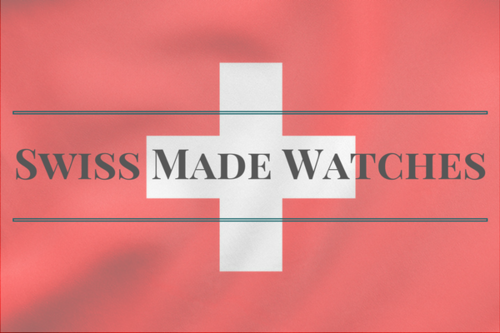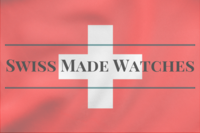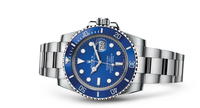What Does It Mean to be Swiss Made?
Although your watch may be Swiss made, that does not mean that it is 100 percent made in Switzerland. To earn this prestigious title, a watch must meet or exceed the following criteria. These requirements are set by the Federation of Swiss Watch Industry.
1. Technical development took place in Switzerland.
2. The movement is Swiss.
3. The movement is cased up in Switzerland.
4. The manufacturer carries out the final inspection in Switzerland.
5. At least 60% of the manufacturing costs is generated in Switzerland.
The first requirement that the movement must be Swiss can be slightly confusing. Below you’ll find what exactly makes a movement Swiss.
1. The movement underwent technical development in Switzerland.
2. The movement is assembled in Switzerland.
2. The movement is inspected by the manufacturer in Switzerland.
3. At least 60% of the manufacturing costs must be generated in Switzerland.
4. At least 50% of the value of all the constituent parts, excluding the cost of assembly, must be of Swiss manufacture.
At the beginning of 2017, these requirements were made more strict in order to protect the integrity of Swiss made watches. The Federation of Swiss Watch Industry revamped the requirements to focus on the movement, case, bracelet, and dial whereas previously the requirements focused entirely on the movement. Another change is that 60 percent of the cost of the watch movement and case will need to come from Switzerland. Previously only 50 percent of the cost was required to have come from Switzerland.
Although these changes may cause an increase in the cost of Swiss made watches, you’ll have the comfort and satisfaction of knowing that your watch has the precision and quality of a Swiss timepiece.
Read NextHow Does a Mystery Watch Work?





